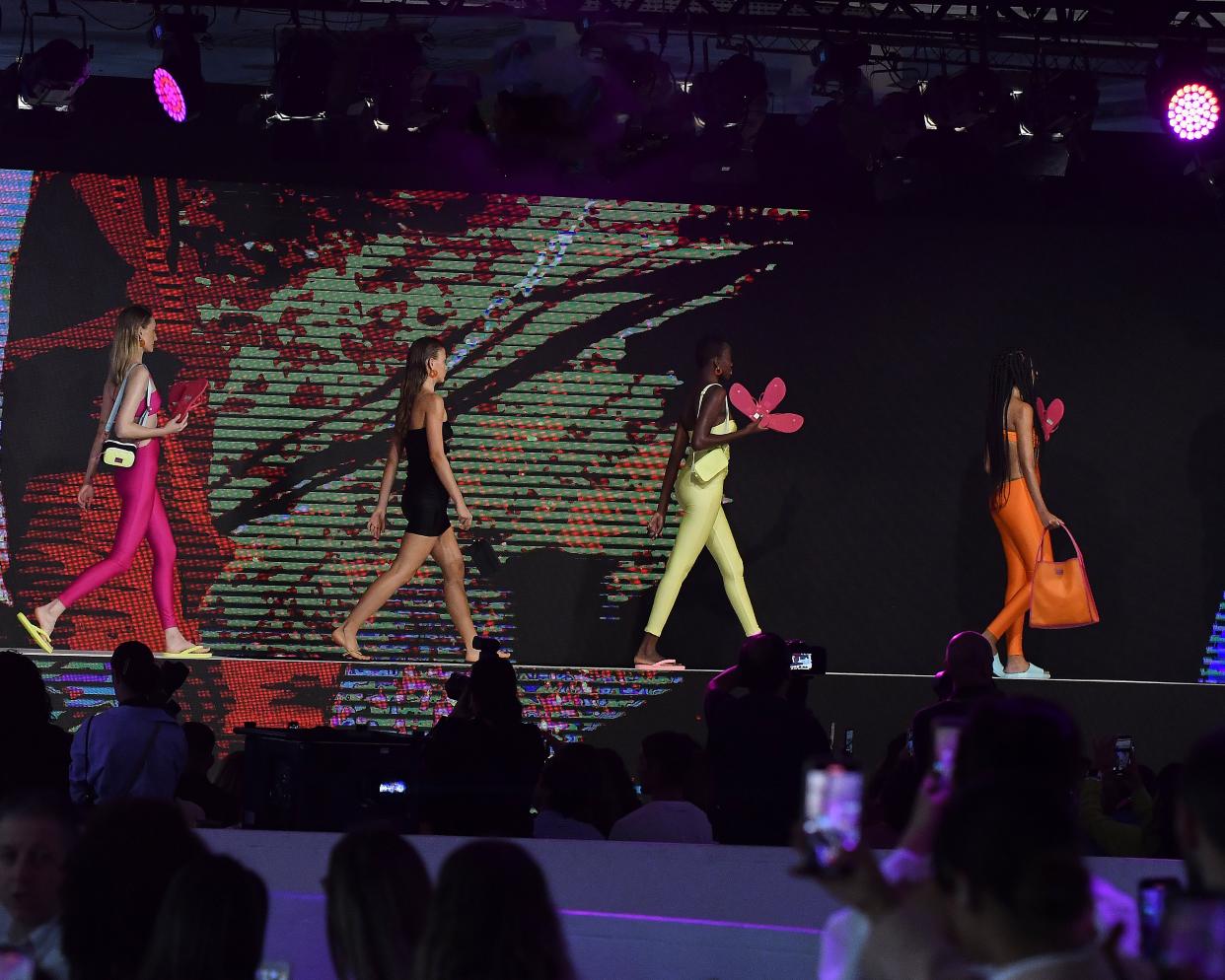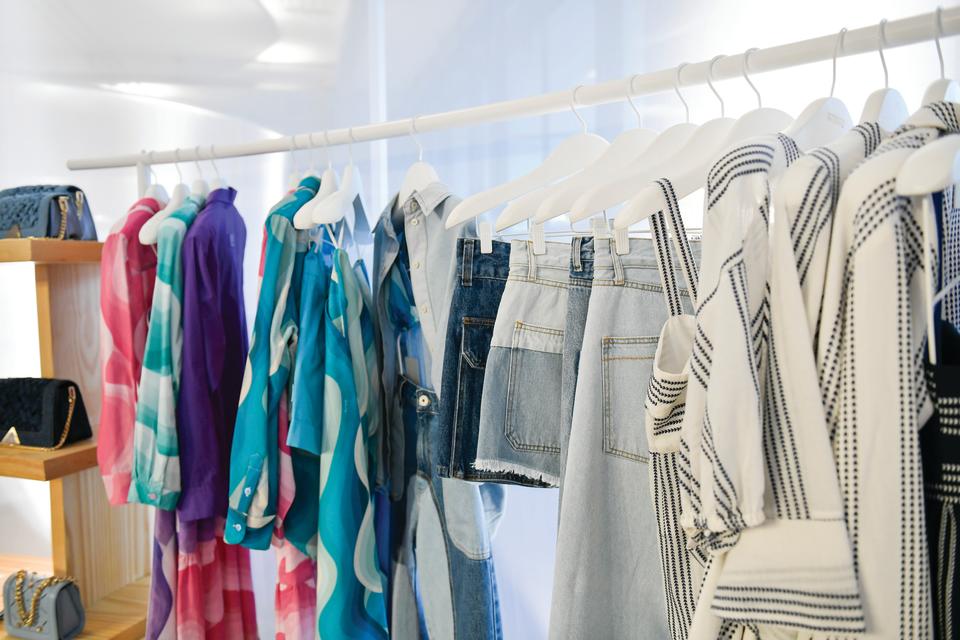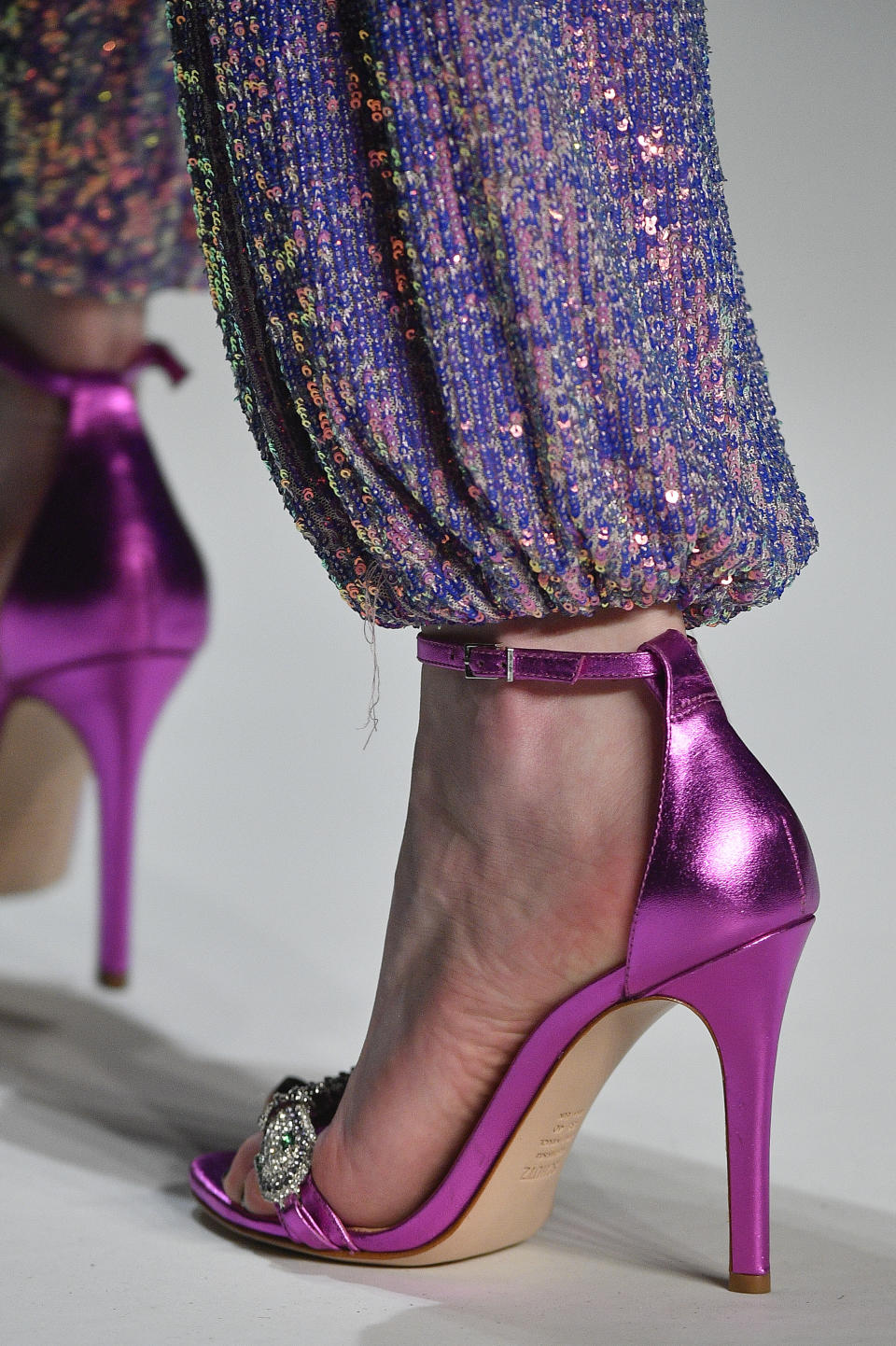Alexandre Birman on Arezzo & Co.’s Fast-Growing Footprint

Fifty years ago, Arezzo was born as a fledgling Brazil shoe company. Five decades later, it has evolved into a multi-branded powerhouse that dominates the country’s footwear and handbag markets. Now under CEO Alexandre Birman, Arezzo is rapidly growing its apparel and licensing businesses — and accelerating expansion in the U.S. and other international markets.
An undeniable knack for shoemaking runs in the family: Alexandre Birman’s father, Anderson Birman, chairman of Arezzo & Co., and uncle, Jefferson Birman, founded the namesake brand Arezzo in 1972. Anderson Birman likes to say Alexandre, 46, was “born in a shoebox.”
More from Footwear News
The executive — who spends half his time in São Paulo and the other half at the company’s headquarters outside the southern capital of Porto Alegre — leads with a painstaking attention to every detail. Inside his office in the south, for example, Birman relies on several oversized charts outlining every big project the company is working on — to keep himself and his team accountable.
With 16 brands, that to-do list keeps growing. But Birman, a champion athlete who is now training for this year’s New York City marathon, isn’t about to slow down.
Here, he talks to Fairchild Studio about his frenetic schedule, ambitious plans for growth and keeping the business in the family.

Fairchild Studio: With the company growing so quickly, what areas of the business do you spend the most time on?
Alexandre Birman: There’s one thing I do not delegate — product development. I know every sample, every heel, every detail by heart. I know exactly the 10 styles that will sell. From the sourcing to the supply chain, I’m very hands-on with all of our product.
Fairchild Studio: What’s the biggest lesson your father has taught you?
A.B.: To be successful, you must put in the work. We work very hard. When we’re on, game on.
I start every weekday at 7 a.m. through WhatsApp or calls, and sometimes I am on calls until 10 p.m. at night. On Saturday, I have some calls or go to stores. From Saturday afternoon to Monday morning, we turn off. Sunday is our sacred day. We turn off the phones and if you call someone, you’re really breaking a big rule.
Fairchild Studio: What’s your typical week like?
A.B.: I have a very structured schedule. Every Monday, we have an executive director meeting. We start at 10 a.m., we finish at 5 p.m. We have lunch, we talk, we go deep into planning and strategy. Tuesday is our time to catch up with the stores, and then we fly all together to the south [of Brazil]. We work on our flight and head to our product development centers shortly after landing. Wednesday is my production day. I visit the factories, and we have a sourcing meeting. I have a war room where I track all my 60 suppliers.
I know every single style and delivery date. Thursday, I leave the day open for things I need to do in the south. Thursday night, I come back to São Paulo. Friday is the day I leave open for all my press interviews, hiring interviews, and M&A talks.

Fairchild Studio: Do you think the industry understands how big the company is now?
A.B.: The investors do, for sure. You can see it reflected in our share price. We are worth 2.5 times our market cap before COVID. The street understands our culture, our passion, and our capacity to react against the odds. The customer doesn’t know — and that is our strategy, to have the brands completely independent.
Fairchild Studio: You’ve spent the last few years adding 6 new brands to the portfolio. Take us inside your acquisition strategy.
A.B.: In 2019, we kicked it off with our licensing deal with VF for the Vans brand in Brazil. Then COVID came. Very quickly, we came out of it and acquired Grupo Reserva. Arezzo is really prepared to plug and play, and we have a pipeline of brands that will be acquired.
Fairchild Studio: Most of your acquisitions have been centered around apparel. Why was it important to tackle this new territory?
A.B.: I’ve spent all my life making shoes. I’m only 46 and saw this as a new challenge and wanted to learn something new.
Fairchild Studio: Where is Brazil in the post-pandemic recovery and how are macro-economic factors like inflation impacting the landscape?
A.B.: We took fast movements [during the pandemic], especially in São Paulo. We were one of the first places to get the vaccination. In terms of the economic comeback, Brazil has always been used to dealing with high inflation. Our central bank is quick to raise interest rates to bounce back. In July, we had negative inflation. As a company, we only had one quarter of downside, Q2 of 2020. In 2021, we grew [sales] 60 percent. In the first half of 2022, we grew more than 80% compared to the previous year.
Fairchild Studio: Do you want your children to join the business one day?
A.B.: They were born seeing their father work like this. They go to all the events — from here in Brazil to Milan to New York. They travel with me all over the world. Especially my oldest Olga (10 years old), she’s really connected to trends and gives me great ideas.
She came to me last week and said, “I have a new idea for you.” We have the license for Vans [in Brazil], and she said, “Why don’t you ask them to do an Air Jordan by Vans?” It’s in their DNA – and they’re very passionate.
Best of Footwear News
Sign up for FN's Newsletter. For the latest news, follow us on Facebook, Twitter, and Instagram.

